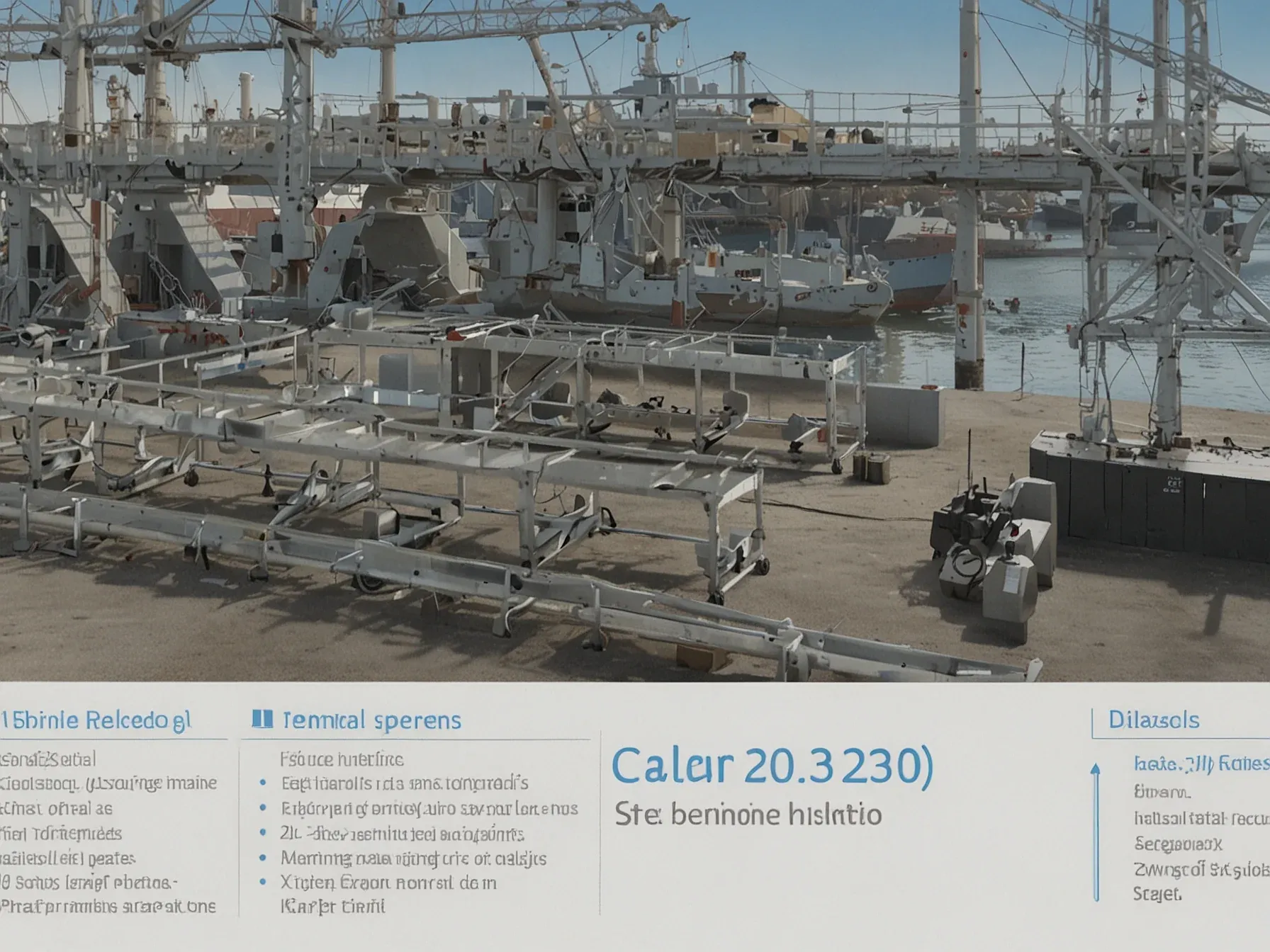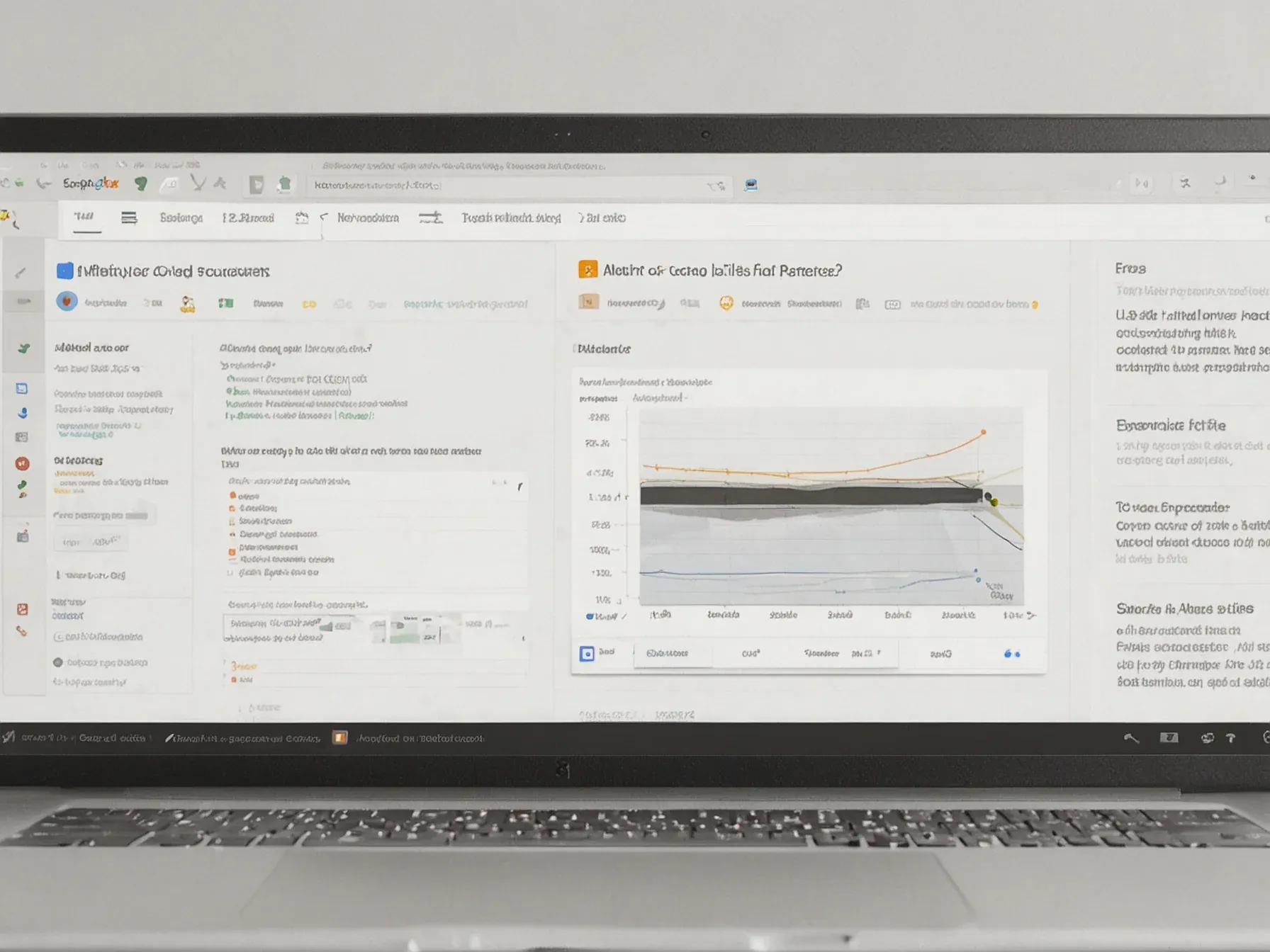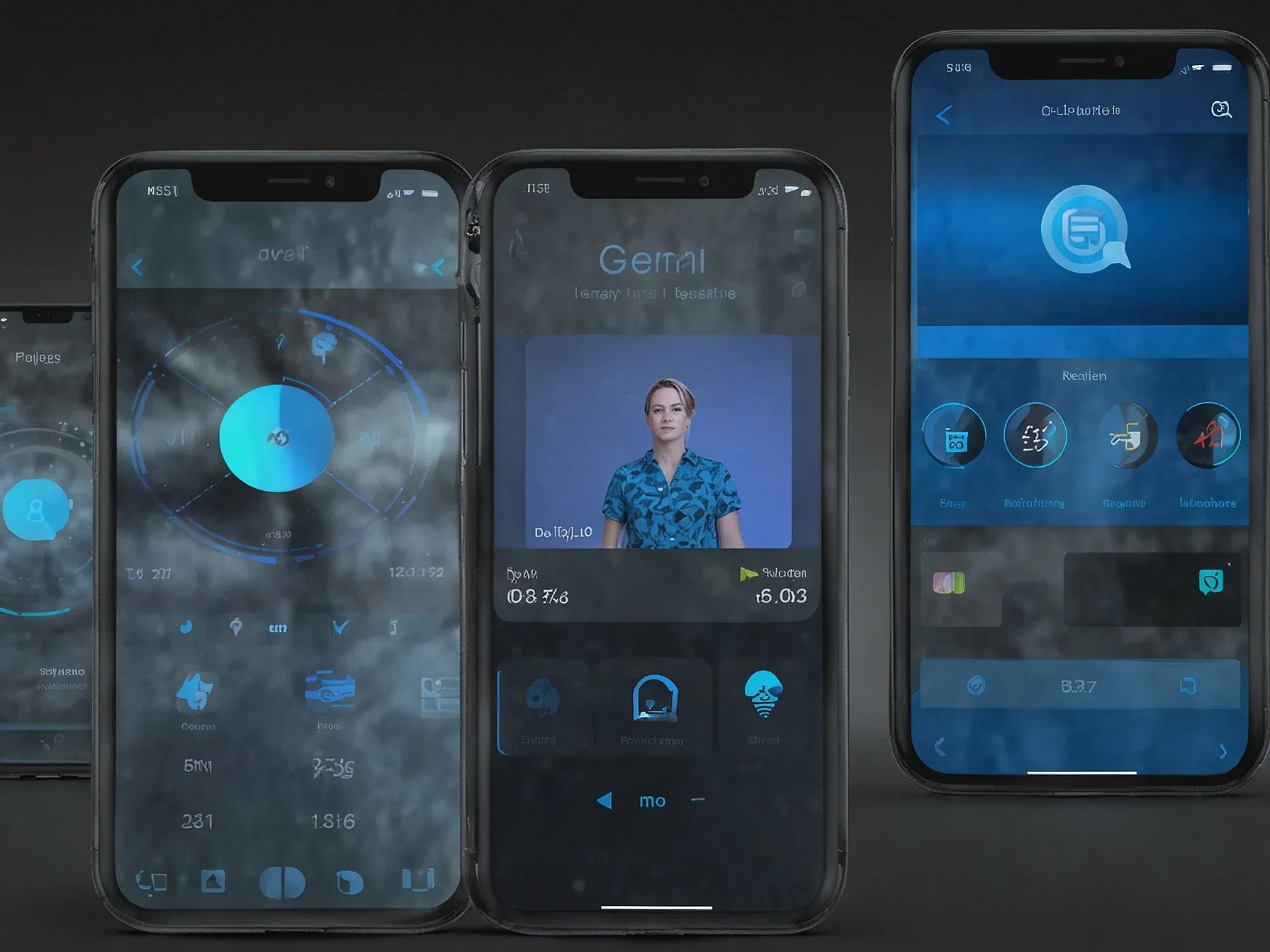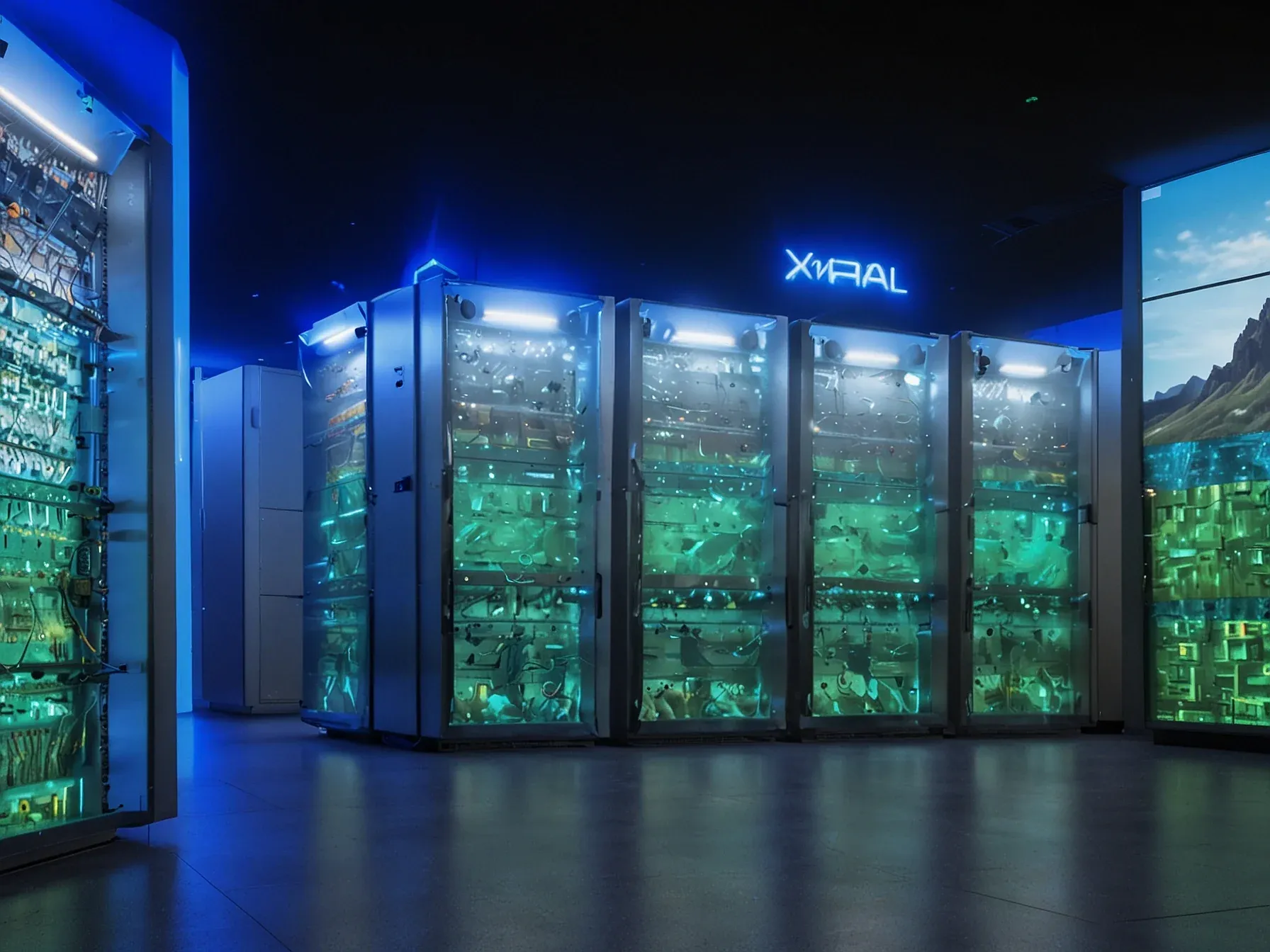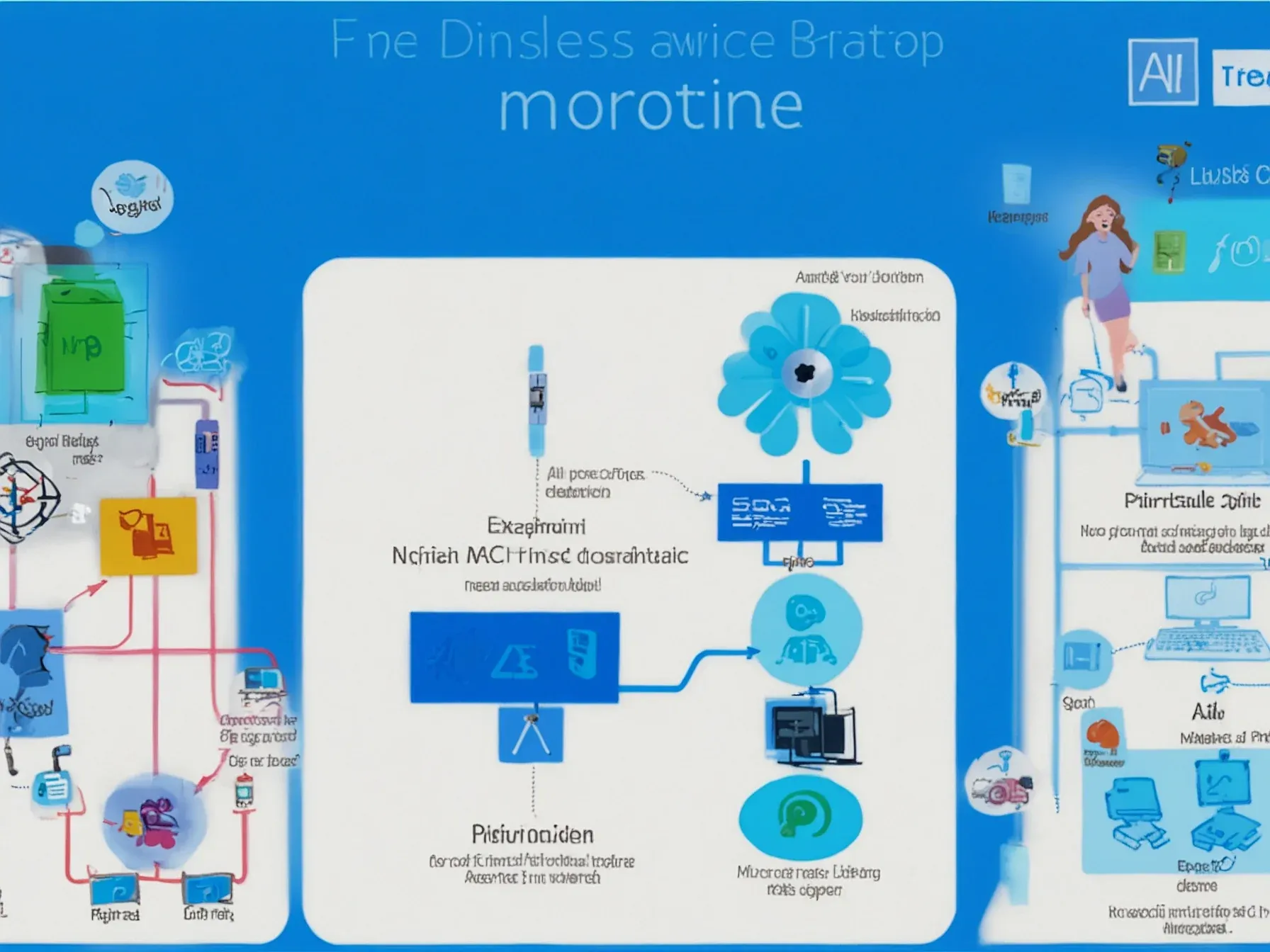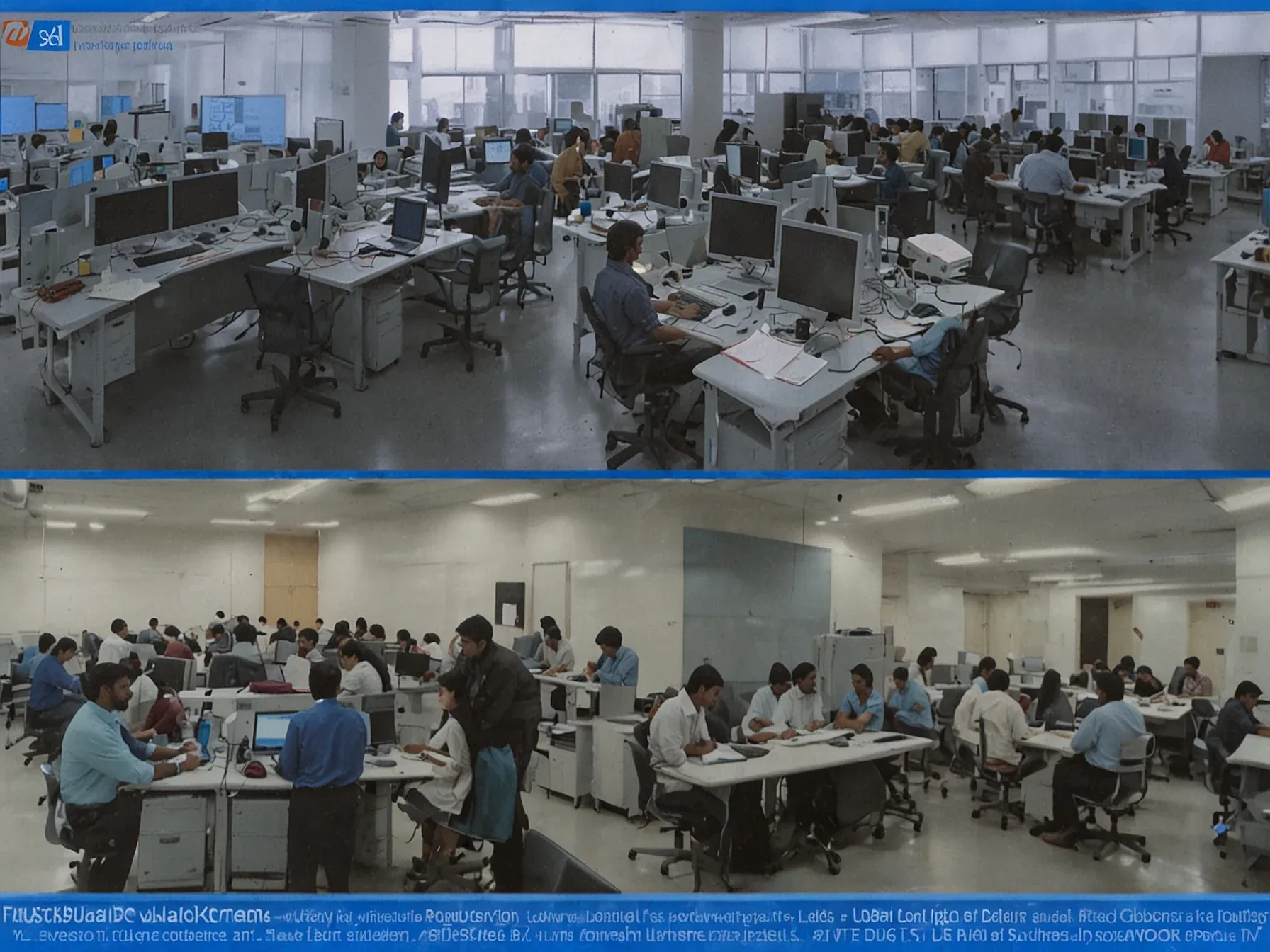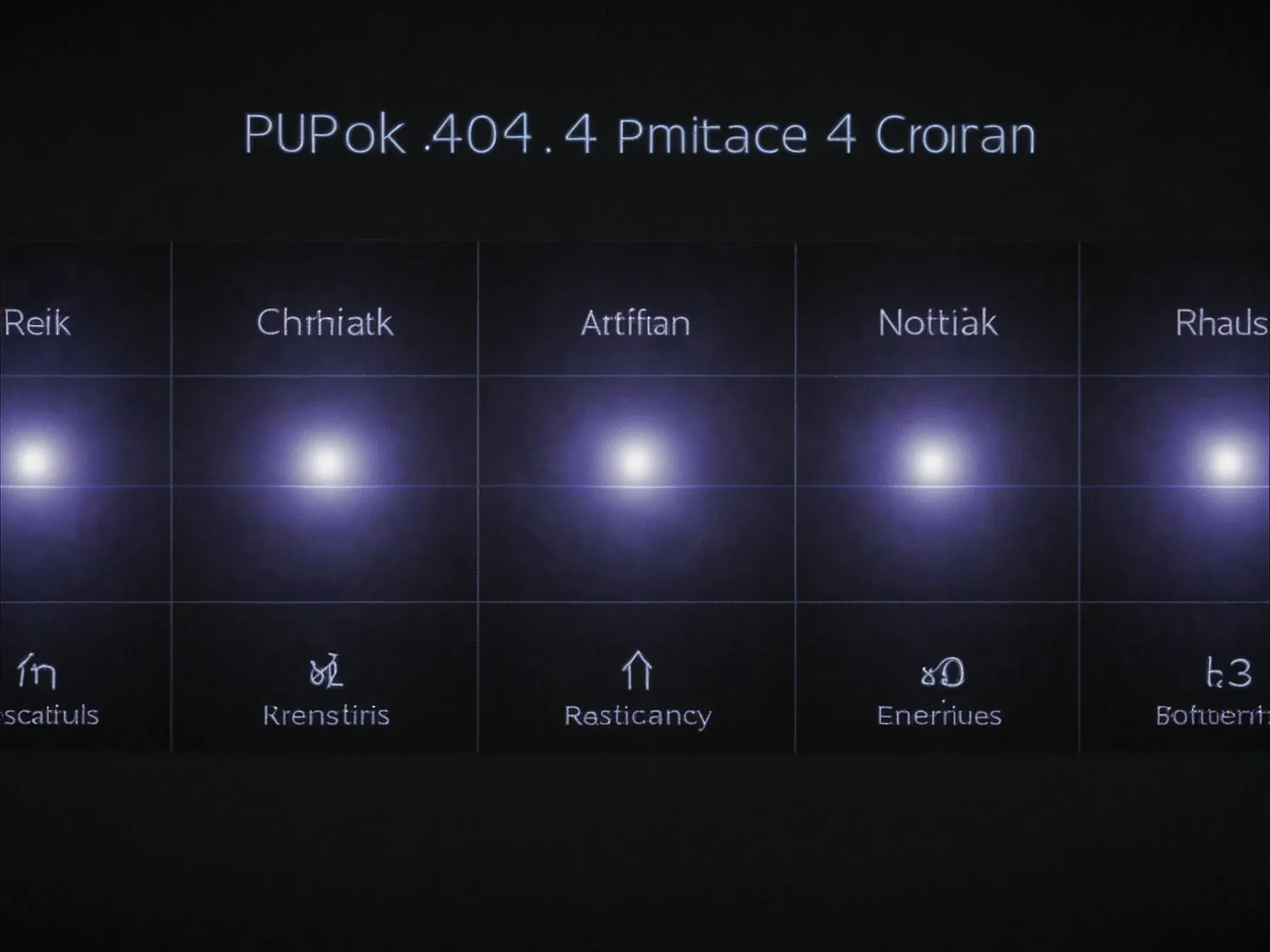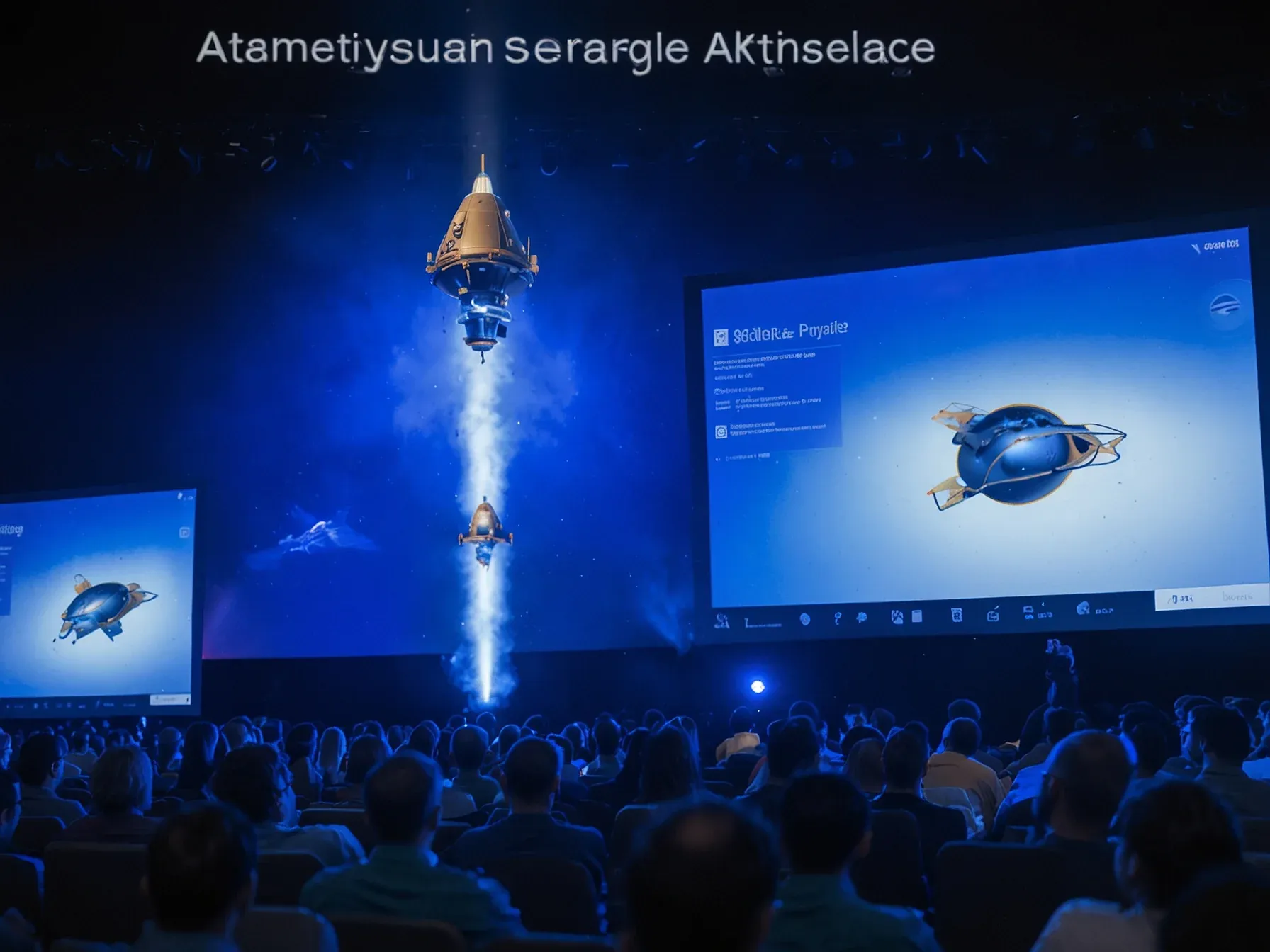
Editorial illustration for Google Launches Antigravity: Gemini 3 AI Drives New Coding Platform
Google's Antigravity: AI-Powered Coding Revolution Emerges
Google Antigravity launches as next-gen coding platform powered by Gemini 3 AI
The tech world is buzzing with Google's latest moonshot: a coding platform that promises to redefine how software gets built. Antigravity isn't just another development tool, it's an ambitious attempt to democratize software creation through intelligent automation.
Software developers have long dreamed of a platform that could translate ideas into functional code with minimal friction. Google seems poised to deliver exactly that with its new Antigravity system, which uses the company's most advanced AI capabilities.
Early signals suggest this isn't incremental improvement, but a potential paradigm shift in how technology gets created. By integrating Gemini 3's powerful AI models, Antigravity could transform coding from a specialized skill to an accessible craft for anyone with a vision.
The platform arrives at a moment when artificial intelligence is rapidly blurring traditional boundaries between professional developers and creative enthusiasts. Entrepreneurs, hobbyists, and established engineers might soon find themselves working alongside an unusual collaborative intelligence.
Google Antigravity is a next-generation agentic development platform powered by Google's recently most powerful AI models to date from the Gemini 3 family. It serves as the home base for software development in the emerging era of autonomous agents, allowing anyone with an idea to experience a rapid liftoff, turning that idea into reality. Antigravity offers an agent-first Integrated Development Environment (IDE) where multiple AI agents autonomously plan, code, test, and deploy software tasks simultaneously across the code editor, terminal, and browser.
It is currently available in public preview at no charge, with Gemini 3 Pro usage limits. Here are the key features of Google's all-new Antigravity: You can install Google Antigravity on your system by simply following these instructions: 1.
Google's Antigravity platform signals a potential shift in software development, where AI agents could dramatically accelerate coding processes. The platform's promise lies in its ability to transform conceptual ideas into functional software through autonomous planning, coding, testing, and deployment.
Gemini 3's capabilities suggest a future where technical barriers might lower, enabling more people to bring digital concepts to life. Developers could find themselves working alongside AI agents that handle complex, repetitive tasks with unusual speed.
Still, questions remain about the platform's real-world performance and limitations. How reliably can these AI agents translate human ideas into working code? The platform's success will likely depend on its ability to understand nuanced project requirements.
For now, Antigravity represents an intriguing experiment in AI-driven development. It hints at a world where coding might become more accessible, with AI serving as a powerful collaborative tool rather than a complete replacement for human creativity and expertise.
The tech industry will be watching closely to see how this novel approach unfolds.
Further Reading
- Gemini 3 Flash: frontier intelligence built for speed - Google Blog
- Gemini 3 Flash for Enterprises - Google Cloud Blog
- An Honest Review of Google Antigravity - DEV Community
- Why Everyone is Talking about Google Antigravity - Towards AI
Common Questions Answered
How does Google's Antigravity platform use Gemini 3 AI to transform software development?
Antigravity leverages Gemini 3's advanced AI capabilities to create an autonomous development environment where multiple AI agents can plan, code, test, and deploy software tasks independently. The platform aims to democratize software creation by allowing individuals with ideas to rapidly transform concepts into functional code with minimal technical barriers.
What makes Antigravity different from traditional Integrated Development Environments (IDEs)?
Unlike traditional IDEs, Antigravity is an agent-first platform that uses AI to autonomously handle software development processes from conception to deployment. The system empowers developers by enabling intelligent agents to handle complex coding tasks, potentially reducing the technical expertise required to bring digital concepts to life.
What potential impact could Google's Antigravity have on the future of software development?
Antigravity represents a potential paradigm shift in software creation, where AI agents could dramatically accelerate coding processes and lower technical barriers to entry. By enabling more people to transform ideas into functional software, the platform could democratize software development and make technological innovation more accessible to a broader range of creators.

